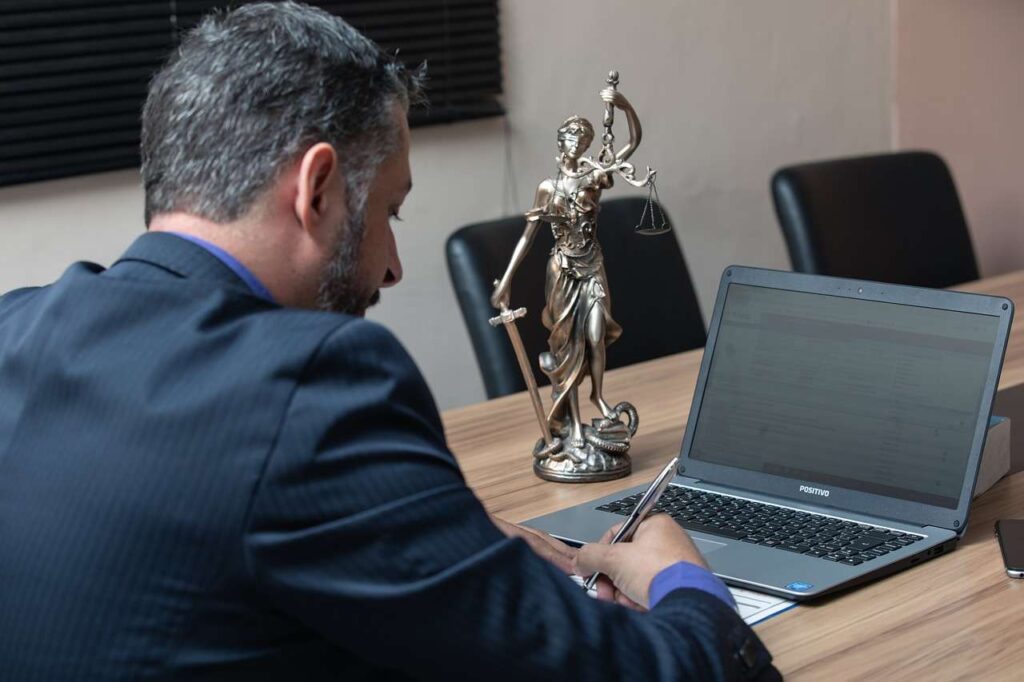
PR EDA : 572-335-4994

Attorney generals serve as the nation’s chief law enforcement officials, prosecuting federal cases and defending presidential pardons as well as offering legal advice to both the president and heads of cabinet departments.
Only five states grant governors the power to choose an attorney general; most legislatures or state supreme courts make these appointments instead. Attorneys general are frequently at the center of political controversy.
Letitia “Tish” James doesn’t mince words when it comes to taking on powerful politicians and corporations. At 65 years old, this Brooklynite from Lehman College and Howard University has dedicated herself to seeking justice on behalf of New York’s most vulnerable residents.
Since becoming New York Attorney General in 2018, James has successfully taken on predatory lenders and other businesses who violate state consumer protection laws, fighting on behalf of pregnant women’s rights as she leads an ongoing national movement to protect abortion access.
Before becoming attorney general, she served on the City Council for 10 years and helped pass legislation covering a range of issues such as redevelopment of Brooklyn’s Atlantic Yards, Brooklyn Bridge tunnel construction and tenant protection. In her role as Public Advocate, she has transformed it into an effective engine of change.
Attorneys general are the country’s highest law enforcement officers and uphold federal, state and local laws. Attorneys general investigate and prosecute crimes such as child abuse, cybercrimes, drug smuggling, gang activity and public corruption before appealing convictions on appeal.
AG offices also provide hotlines or online complaint forms that residents can use to report companies they suspect of engaging in deceptive practices, helping thousands of consumers a year get their money back or resolve disputes.
The Attorney General serves as legal adviser for most State government entities and agencies in South Dakota; with some exceptions. His staff consists of a chief deputy attorney general, four deputy attorneys general overseeing 21 specialized sections under their purview, assistant attorneys general who serve as counsel to various State departments or universities, professional support personnel as well as other lawyers assigned as legal advice to specific departments or universities; however he cannot offer personal advice directly to private citizens.
As New York’s chief law enforcement officer and People’s Lawyer, the attorney general serves to safeguard families, organizations and natural resources of New York state. They enforce criminal statutes while overseeing civil rights investigations as well as conducting education campaigns about topics like child abuse prevention, identity theft prevention and senior fraud protection.
AGs also play a vital role in providing legal guidance to legislatures and state agencies, acting as legal advisers for draft or promote laws which address non-profit/charities or consumer protection issues.
AGs possess broad investigative and enforcement powers under the legal principle of parens patriae – the responsibility to defend citizens who cannot protect themselves – as per parens patriae. They can bring actions against individuals and companies under any number of criminal statutes including money laundering, racketeering and terrorism statutes; issue subpoenas (legally binding requests for documents and information from banks and corporations); represent political subdivisions school districts or municipalities against breaches of state antitrust or price fixing statutes etc
Attorney generals play more than just prosecutorial roles; they oversee the administration of various offices and initiatives within the Department of Justice as well as communicating legal concerns to Congress while helping states comply with federal laws across states.
Statutory duties of an attorney general include providing advice to the president on which individuals to nominate for federal positions such as judges and prosecutors, while issuing certificates legally conclusive that certain facts (e.g. those which would compromise national security if disclosed) cannot be challenged in court proceedings.
State attorneys general use their broad enforcement powers to safeguard the public against unscrupulous businesses and abuse of criminal justice systems. Recently they have helped reform police practices in cities such as Baltimore while also working against unfair business practices that violate consumer protection laws. Furthermore they work closely with their state legislatures and can propose legislation or testify before legislative committees on issues that matter most to citizens.